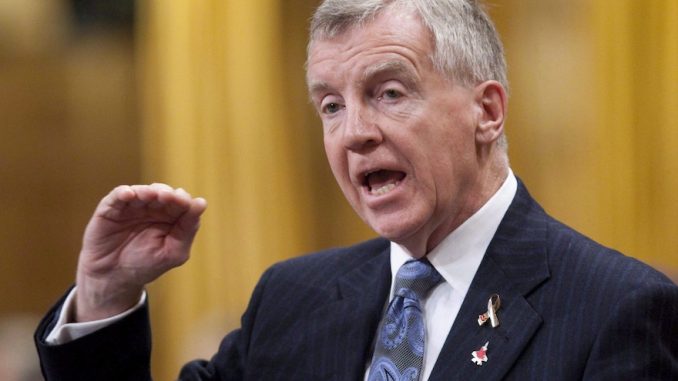
A former fighter pilot and a former Conservative MP for Edmonton Centre from 2006 to 2015, Laurie Hawn, has condemned the federal government’s plan to buy 18 Super Hornet fighter jets and said that the move will risk Canada’s air sovereignty and deliver a blow to the country’s aviation industry. According to Hawn, “we will wind up with a second-rate air force” and “we will be a weak and unreliable ally.”
Liberals had promised during the election that they would replace Canada’s aging CF-18 fleet with new aircrafts and according to Defence Minister Harjit Sajjan’s announcement this week, it looks like the government is ready to purchase 18 Super Hornets on an interim basis before holding a competition to replace the fleet. A government source explained that “before proceeding, the government reserves the right to decide if they can provide the interim fleet at a cost, time, level of capability, and economic value that is acceptable to Canada,” adding that “the number of mission-ready planes we can put in the air today is fewer than our Norad and NATO obligations combined.”
In his criticism, Hawn highlighted that Boeing Super Hornet jets will be more costly in the long run as compared to the Lockheed Martin F-35 stealth fighter. He suggested that an open competition to replace the existing fleet should go ahead immediately instead of using an interim fleet. He pointed out that “this is a political situation” and “we will end up with two fleets of essentially different airplanes … instead of helping to close the capability gap, it’s going to exacerbate it because we can’t maintain them.”

Here’s how trustworthy this guy is:
https://www.youtube.com/watch?v=90uoYcTa6BQ